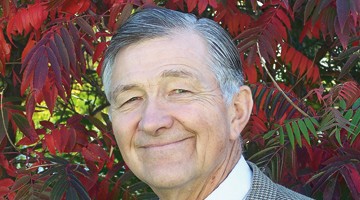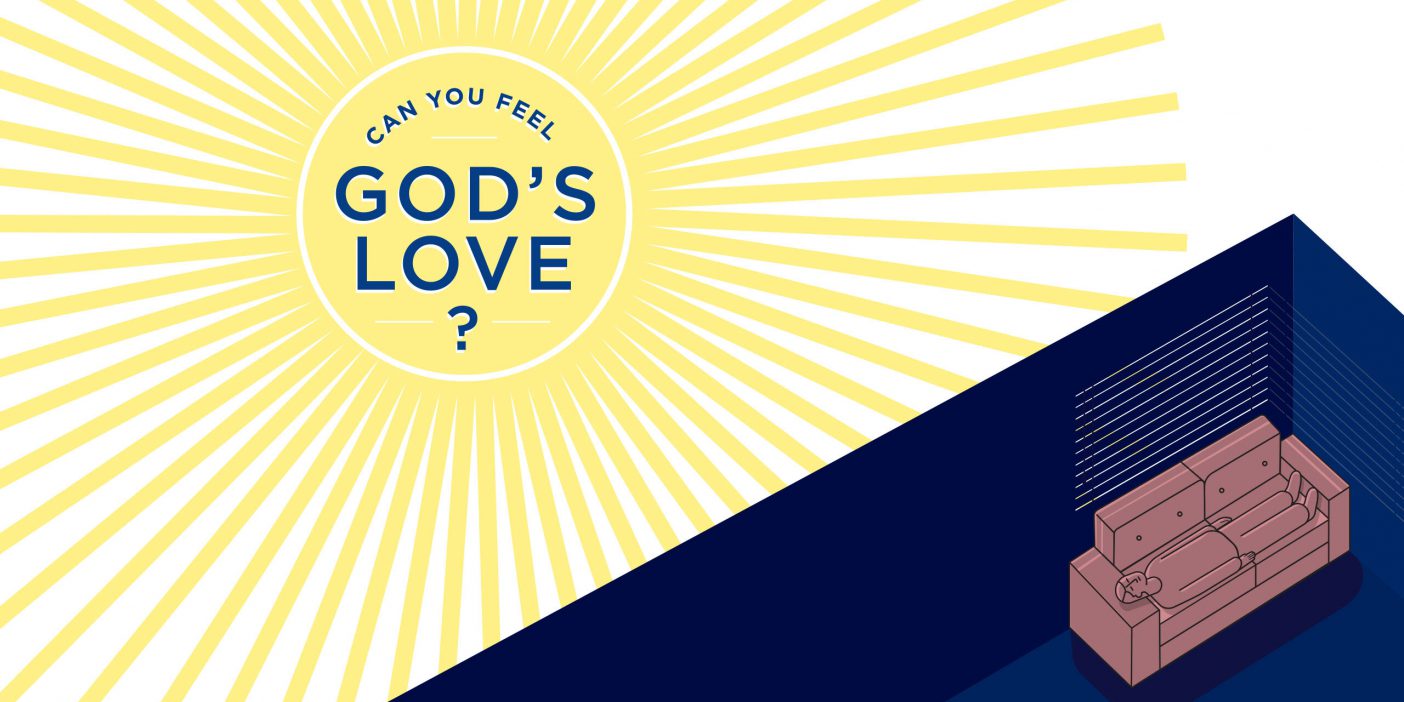By Matthew E. MacLean
I was excited to be in Prague on the night of Nov. 17, 1999, the anniversary of that cold day in 1989 when 10,000 Czech students took to the streets to demand an end to 40 years of communist totalitarianism.
That day National Avenue was littered with the bodies of injured young demonstrators, beaten by police and plain-clothed secret agents. This outrage was the last straw for the Czechs, who filled nearby Wenceslas Square on succeeding days to force the regime to its kneeswithout further violence.
But National Avenue on the same day in 1999 was a different scene. The street was bustling with slick modern cars, and well-dressed men and women hurried past fashionable stores decorated for Christmas shopping. Few had time to stop at the little memorial to the students, off in a sheltered corner. Those who did had placed flowers and candles at the monument’s base.
I stood with a Czech friend and five others, staring into the candles’ glow, listening to the commotion of the street. Two young women began to sing. It was one of many songs the demonstrators sang together, arm in arm, during those cold nights of the revolution. Based on the ancient verse “The Last Will of our Dying Mother, The Union of Czech Brethren,” and put to music during the days of the Prague Spring in 1968, it afterward became an anthem of Czech emigres around the world: “May peace rest with this country / And may anger, envy, fear, and animosity cease / . . . Now that your freedom, once lost, / Is soon to return to you.”
The women had begun singing happily. But as they finished, one of them burst into tears. I looked around to see that most everyone had tears in their eyes.
“I don’t know why I’m crying,” the young woman said, embarrassed. Former strangers began to compare stories of what they had experienced in November 1989. All seemed at a loss to explain their tears. Certainly it was an occasion for celebration, not sadness. Though beaten, no demonstrator had been killed, and what they struggled for has become a reality.
“I think I weep because I miss those days,” a man said finally. “No one talks to each other any more like this.”
Few people understand what it means to be part of a revolution, my friend later told me. It can be a frightening time. But it is also a time of tremendous, collective hope when people are truly united.
Travelers to Eastern Europe in those early years after the revolution tell of a spirit that seemed to pervade those countriesa freshness, enthusiasm, almost innocence. I was one of them, in Europe on a work-study program from BYU in 1992. I came to Czechoslovakia for several weeks to participate in an international youth workcampa reforestation project in the mountains near the Polish border.
For most of us it was the first contact with our counterparts on the other side of the Iron Curtain. There we wereFrench, Spaniards, British, and Americansface to face with our former foesEast Germans, Ukrainians, Poles, and Czechs. There was plenty of time to talk as we sat together in the forest planting saplings. And so we talkedand sang Beatles songs togetheruntil 2 a.m. every night, unable to sleep. We were all so excited, so hopeful for the future.
Those friendships and that hopeful excitement remained with me, bringing me back to this country as a professional journalist. But over the years I’ve watched the Czech people change, and in many cases disillusionment has replaced hope.
After graduating from BYU, I worked with political columnist Jack Anderson in Washington, D.C. I heard him tell of an interview he had with Vaclav Havel shortly after the playwright and former dissident was elected president of newly democratic Czechoslovakia. The major problems facing his country were not economic transformation or organized crime as most assumed, Havel told Anderson. The greatest challenge was the re-establishment of faith and a sense of morality. For years the Czechs had been told what to believe; now he feared they would believe in nothing.
Havel’s words have proven prophetic. Today there is general apathy and dissatisfaction among many of the Czechs I know despite their mostly successful transition to a market economy.
Pavel Strida was one of the hopeful young Czechs I met at that workcamp in 1992. Today Pavel is living the life he and his friends once dreamed of. A sales associate at the Prague regional headquarters of an American multinational corporation, he draws a lucrative salary and makes frequent business trips abroad. Materially, Pavel has all the trappings of Western affluence: a spacious flat near the center of town, company car, tailored suits, and mobile phone.
“I don’t think I’ve ever been so unhappy in my life,” he told me. “Don’t misunderstand me I don’t want things to go back to the way they were. But sometimes I miss the old days. Our family used to spend Sundays together the whole day. And I used to sit with friends in the evenings discussing politics or philosophy. I can’t remember the last time I did that.”









